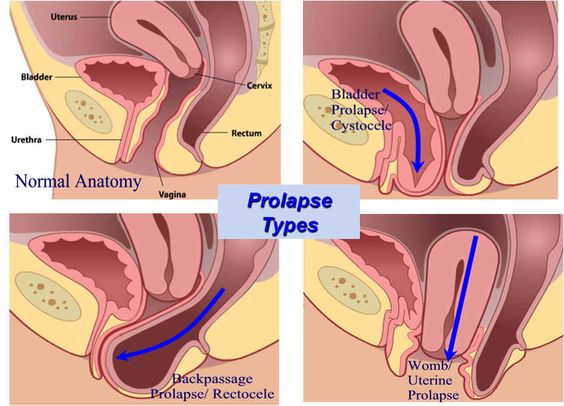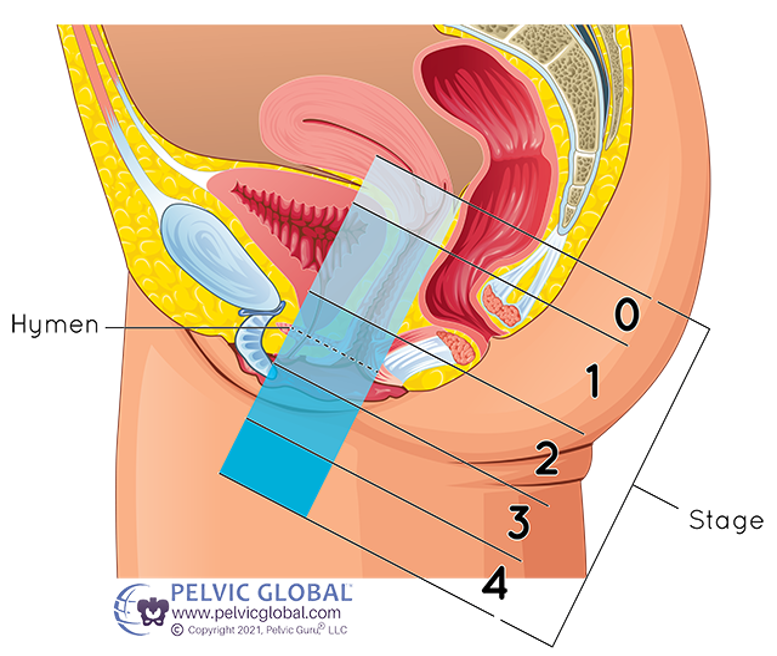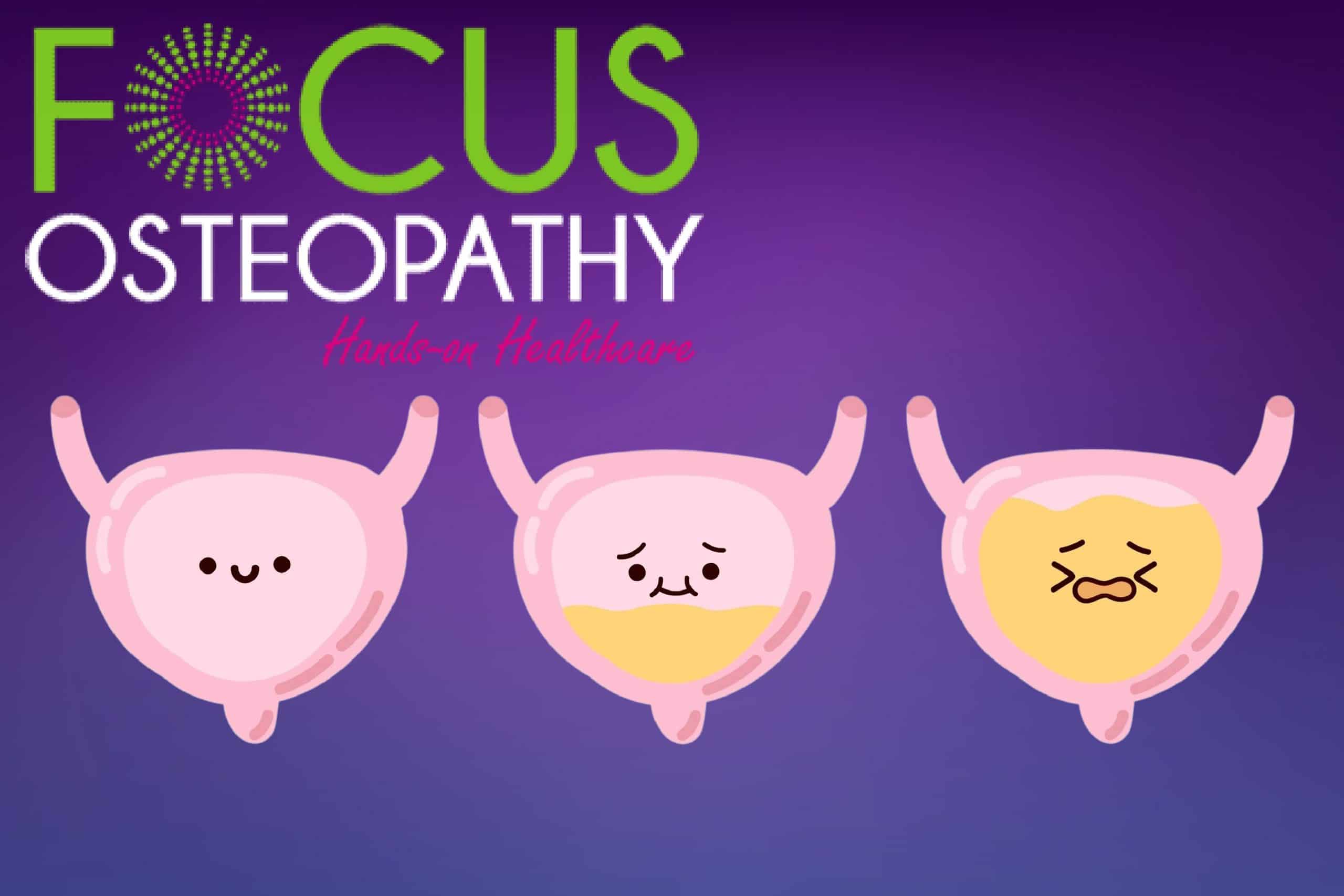Pelvic Organ Prolapse: 50% of Women Who Have Had Children May Have This — Empower Your Pelvis
4.7 (287) In stock

Pelvic Organ Prolapse (POP) is a diagnosis women can get postpartum and after childbirth . Statistically, 50% of women are at risk for POP after pregnancy, but you can develop POP prior to pregnancy. I ended up having a little pelvic organ prolapse during my "training fo
Prenatal and postpartum (pelvic) physical therapy for treating pelvic floor dysfunction (incontinence, pelvic organ prolapse, diastasis recti, pelvic pain, pain with intercourse, low back pain etc).

Your Essentials Guide to Safe Exercise with Prolapse

Pelvic Organ Prolapse 101 — Healthy Mumma & Baby

Is it Too Late to Start Pelvic Floor Exercises?

Calko Pelvic Rehabilitation & Wellness: Pelvic Health Youngstown

Pelvic Organ Prolapse: 50% of Women Who Have Had Children May Have This — Empower Your Pelvis

Pelvic organ prolapse affects 50% of wonen whobhave given birth. #pelv

Pelvic Organ Prolapse Causes, Symptoms, and Treatments —

Fruitful Womb - One common complaint from women who have a pelvic organ prolapse (POP) is, I feel like my organs are falling out of my vagina. POP is when your

Charisse Balance — Akin

What Are The Urinary Signs of Pelvic Floor Dysfunction?

Pelvic floor injury during vaginal birth is life-altering and preventable: what can we do about it? - ScienceDirect
What is Pelvic Organ Prolapse? Types of Prolapse, Diagnosis
The Causes, Symptoms and Treatment of Uterine Prolapse - Fleur
Prolapse of Uterus Dairy Knowledge Portal
Prolapse of Vagina, Rectum or Uterus
Drost Project: The Visual Guide to Ovine Reproduction: Prolapsed
 Shop Juicy Couture Big Bling Velour Track Pants J1HBV104-J6004 blue
Shop Juicy Couture Big Bling Velour Track Pants J1HBV104-J6004 blue Liberté Essentiel Dibby dress - Black
Liberté Essentiel Dibby dress - Black Wacoal Flawless Comfort Wireless Bra, Sand, Size B/C
Wacoal Flawless Comfort Wireless Bra, Sand, Size B/C Sapatilha Meia Ponta com Sola Dividida em Lona Capezio 252A Branco, Guaili
Sapatilha Meia Ponta com Sola Dividida em Lona Capezio 252A Branco, Guaili Yarn for Knitting, Crochet, and Crafting
Yarn for Knitting, Crochet, and Crafting Andrea & Leo Couture CM347 Size 2 Pink Sheer Lace Sequin Ballgown Prom Dress Corset A Line Gown
Andrea & Leo Couture CM347 Size 2 Pink Sheer Lace Sequin Ballgown Prom Dress Corset A Line Gown